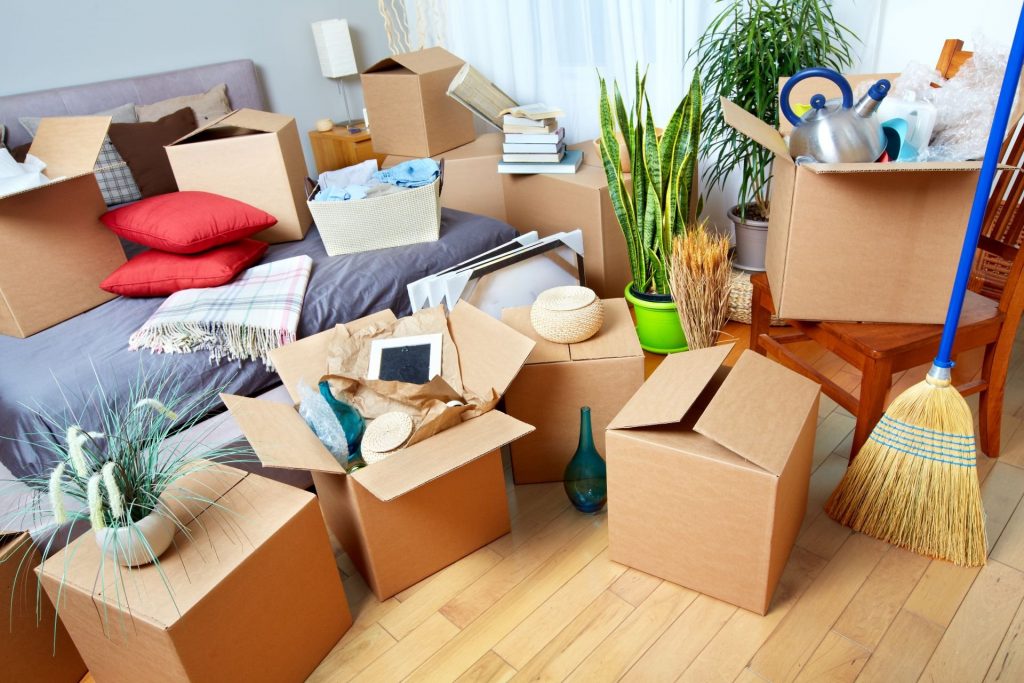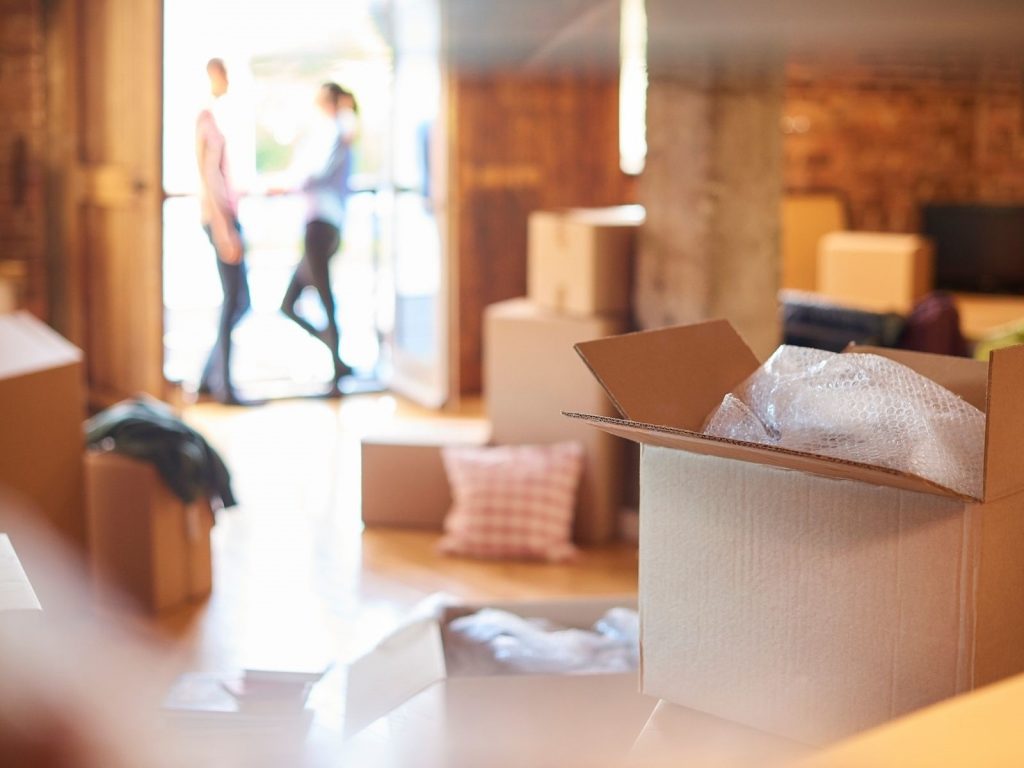
Moving out is supposed to be a happy time, but it’s also stressful. You need to find a new place to live, get your security deposit from your old landlord, pack, and clean your old apartment so the landlord will give you that deposit back. That’s a lot of stress.
Thankfully, there are professionals who specialize in helping people get their lease-ending cleanings done quickly and efficiently. Move-out cleaning services are common for tenants leaving an apartment or house after renting it for some period of time. If you’re reading this article, chances are you will be needing one soon enough. However, if you plan appropriately, this task won’t stress you up any further than you already are right now!
How to Plan for a Move-Out Cleaning Service
Before you even think about hiring a move-out cleaning service, you should think about what you expect from them and what you need to do in order to prepare for this cleaning service. First, you should make sure you know when your lease ends. If you’re renting, you need to know the date you’re responsible for vacating your apartment and turning off your utilities.
This will give you enough time to find a move-out cleaning service that fits your needs. While you can always ask for a last-minute cleaning, it’s best to plan ahead. Second, you need to know what your landlord’s lease termination requirements are. Every lease is different. Some landlords might allow you to do a simple cleaning, while others might request a professional move-out cleaning service. It’s better to ask before you get started.
Pre-Move Out Cleaning Tasks
The first thing you should do is to make a checklist of the things that need to be done prior to the cleaning. This includes cleaning the carpets, floors, windows, furniture, appliances, and walls. You might want to make two checklists – one for you and one for the cleaning service. Before you hand over your keys, pack up your stuff so the cleaning service can easily get to all surfaces they need to clean. It’s far easier to clean around boxes than around a fully furnished apartment. And if your lease requires it, get your landlord to walk through the apartment with you to check for damages. If you’re unsure how to proceed, there are many guides online that can help you.
Hiring Your Provider
If you hire a company, check references. If you hire a person, check their credentials and their references. You can ask for their license number, their insurance, and their BBB rating. You can also check online reviews to see if other people had a positive experience with that cleaning service. One thing you need to be careful about is not getting scammed. If you hire a company, avoid cash payment and have the company provide you with a receipt showing the amount paid for the services. If you hire an independent service provider, make sure you collect their information and have them sign a contract stating the terms of the services. You might also want to consider paying them by check. If you pay them in cash, there’s a chance they might not show up to clean your apartment.
What You Should Expect from a Move Out Cleaning Service
The most important thing to remember is that every cleaning service is different. You might find a cleaning service that charges a lower rate but spends less time on your apartment compared to a higher-priced service. You might also find a cleaner who cleans more thoroughly than someone else. You might even find that your friends or family want to help you clean your apartment. That said, you should expect a thorough cleaning that gets all areas of your apartment cleaned – the floor, the walls, the counters, the appliances, and the furniture, especially if your landlord requires a professional move-out cleaning service. You should also expect your cleaning company to follow the terms of the contract you signed with them.
When Picking a Provider is Hard
If you struggle finding a cleaning service, there are a few things you can do. First, ask your landlord if they have any suggestions. Landlords often know who does a good job and who doesn’t. If you don’t have a landlord, ask your neighbors. You can also check online reviews, but be careful about scams. If you can’t find anyone, consider asking your family or friends for help. If nothing works, you can hire a cleaning service that provides last-minute cleaning. These companies often have different rates and clean just as thoroughly as a company that cleans regularly. You just have to be careful you don’t get scammed.

Conclusion
Moving out is a stressful event, so getting your apartment cleaned before you hand in your keys is a great way to enjoy the last bit of time living in that place. While you can always do this cleaning yourself (or ask a friend or family member for help), hiring a professional move-out cleaning service ensures that your place is cleaned by experts who know what they’re doing. And best of all, hiring a move-out cleaning service will make a difference in your bottom line, so you won’t have to worry about cleaning and repairing any damages that may be on your lease.